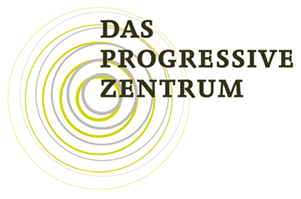
next left
Publication
Winning for Real : the Next Left taking the Chance to Shape Europe for the 21st century - 10 fundamental challenges
October 09, 2014Author: Ania Skrzypek
Winning for Real : the Next Left taking the Chance to Shape Europe for the 21st century - 10 fundamental challenges
The political tide in Europe seems to be changing. The recent elections in France and the Netherlands encourage social democrats to think that the worst is over. Centre-left is re-emerging to govern.
The irresistible relief precedes a wave of enthusiasm that is soon expected to follow. While the rooms of the pre-EU Summit meetings of the progressive families start to fill in again with Prime Ministers, their deputies and Ministers with respective portfolios; the spin-doctors across the continent whisper a message of the change happening herewith. It seems to be no longer somewhat pathetic to stick to social democracy. It becomes politically trendy. Then, although it may be politically un-patriotic to ask, one can’t help but wonder: are we there yet, really?
Even though some of the results came as a surprise, the centre-left has not wasted a moment in devising a convincing explanation. It is the consequent message of change that has convinced people to lend their trust and invest their hopes in social democrats again. Social democracy retrieved its spirit of raising opposition against the unjust and per extension against the current, conservative-ruled system. While discrediting the enemy, they upheld to a strategy: no visionary promises, we will just tell you how we are planning to govern. And herewith progressives indeed won a license to governmentally manage. Despite the fact that it is groundbreaking after the years of defeats and desperation, it seems to be regrettably only spring in autumn.
There are several reasons for this cautious optimism. This approach should be seen however as a pragmatic assessment and not an attempt to spoil the festive spirit. Hope is obviously an essential ingredient for any political movement to become successful. And social democracy, as any other political party, has a natural drive to gain power.
Nevertheless prudence originates from awareness that the challenges, which had been identified in the course of the debates on the renewal of social democracy, are more profound than just winning next elections. Even if centre-left’s objections to conservative practices became synonymous with the ones that people have been raising on the streets of European cities, they are still the points of symbiosis only. They have not grown yet to be really inter-linked and they have not inspired an emergence of a mobilising cause. They are not sufficiently appealing to make people really unite behind them, desire a struggle and be prepared that they would need to endure worse, before better is at place. The results of the elections show that there is a synergy between what both the majority of citizens and social democracy denounce. But it is not yet equal to an agreement on what sort of a new narrative should replace the contemporary neo-liberal order.
Therefore this pamphlet undertakes consciously a very hazardous task. Remaining in the ambiance of delight connected with electoral performance of various sister parties, it dares to remind us about the broader, historical challenge. Social democracy still has to develop a new narrative and redefine its own mission for the 21st century. Herewith this paper is challenging the views that nowadays people do not need grand ideological visions and that honest governing manual is enough. There is no reason to believe that contemporary societies became so disenchanted that they would not seek something more substantial than a framework for existence; that they would not long for a dream that they could jointly pursue. On the contrary, in the era of an overwhelming multilayered crisis, developing the idea of a next social deal is in fact indispensible if the centre-left wants to win for real.
Formulating an integral pledge that would meet the challenges of the 21st century is obviously a complicated task. The duty to remain faithful to the traditional values, while at the same time to bringing in a new quality, may sometimes appear to pull in opposite directions. The feeling of such a dichotomy materialised itself in the last grand ideological debate so far, which went down in the history as the one surrounding the emergence of the Third Way. It left the movement divided concerning multiple, core matters. This time, it is not about echoing these discrepancies. It is also no longer about searching for a common general ideological denominator, while cosily operating in the milieu of respective national states. It is the pan-European progressive answers that are required.
The reason is simple: in 2012 the European Union succeeded in penetrating the domestic public sphere. Crisis required pan-European reactions in order to preserve the Community and rescue the states in need. This meant that the politicians fighting the respective national elections needed to find answers that were not about being for or against the European integration. The question at stake was for what Europe and with what purpose. For social democrats, who are generally perceived as pro-Europeans, this development has presented an enormous opportunity. It can be used and bring about a second wave of Europeanisation of social democracy, but only if the centre-left manages to develop a politically distinctive, realistic idea on the future of Europe. It demands going beyond general communalities, which repeated in all the documents serve mostly in the fact as symbols of unity. Such tokens are important, but common constructive proposals will matter more.
Expressing a hope that it is possible, this pamphlet is written from a perspective that assumes that social democracy has indeed the potential to win for real. It makes a point that the necessary ingredient for such a victory is a vision of a tangible political alternative for Europe, which should become the next social contract. What is standing in the way between now and truly reaching the position to take a Chance to Shape Europe are ideological dilemmas it needs to resolve. This paper examines closer those 10 of them, which seem most relevant at the beginning of the new century.
1. How to explain good capitalism and make it prevail as a backbone of economic integration?
2. How to bring sense to the European politics and europeanise social democracy?
3. How to resuscitate European values and ensure that their progressive interpretation is a mainstream?
4. How to make progress meaningful and put it at the heart of an agenda for European prosperity?
5. How to frame the labour debate and put Europe back to work?
6. How to legitimise the welfare state concept and empower the European Social Model?
7. How to make social democracy, and Europe, projects for the young generation?
8. How to politicise Europe and bring sense to European political cooperation?
9. How to overcome the democratic crisis and enable citizens’ ownership of the EU integration?
10. How to Win for Real?
related publications
-
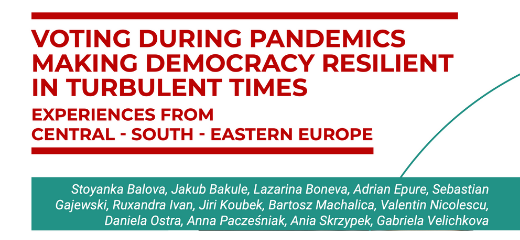
Voting during pandemics: making democracy resilient in turbulent times
read more -
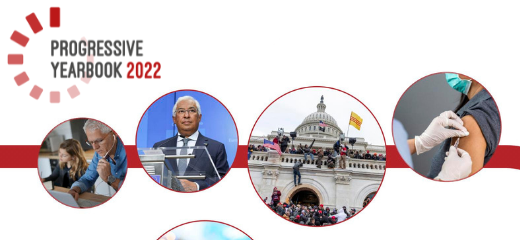
Progressive Yearbook 2022
read more -
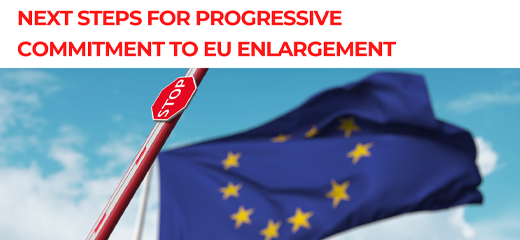
Next steps for progressive commitment to EU enlargement.
read more -
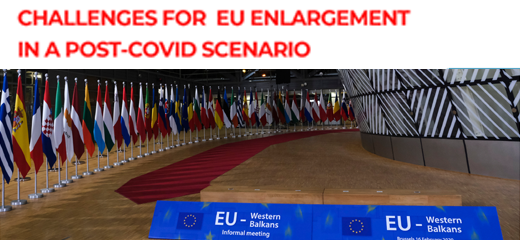
Challenges for EU enlargement in a post-covid scenario
read more -
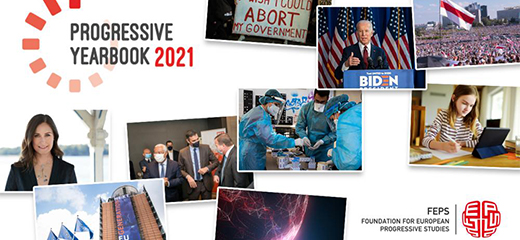
Progressive Yearbook 2021
read more -

The re-shaping of the political discourse in times of crises
read more






























